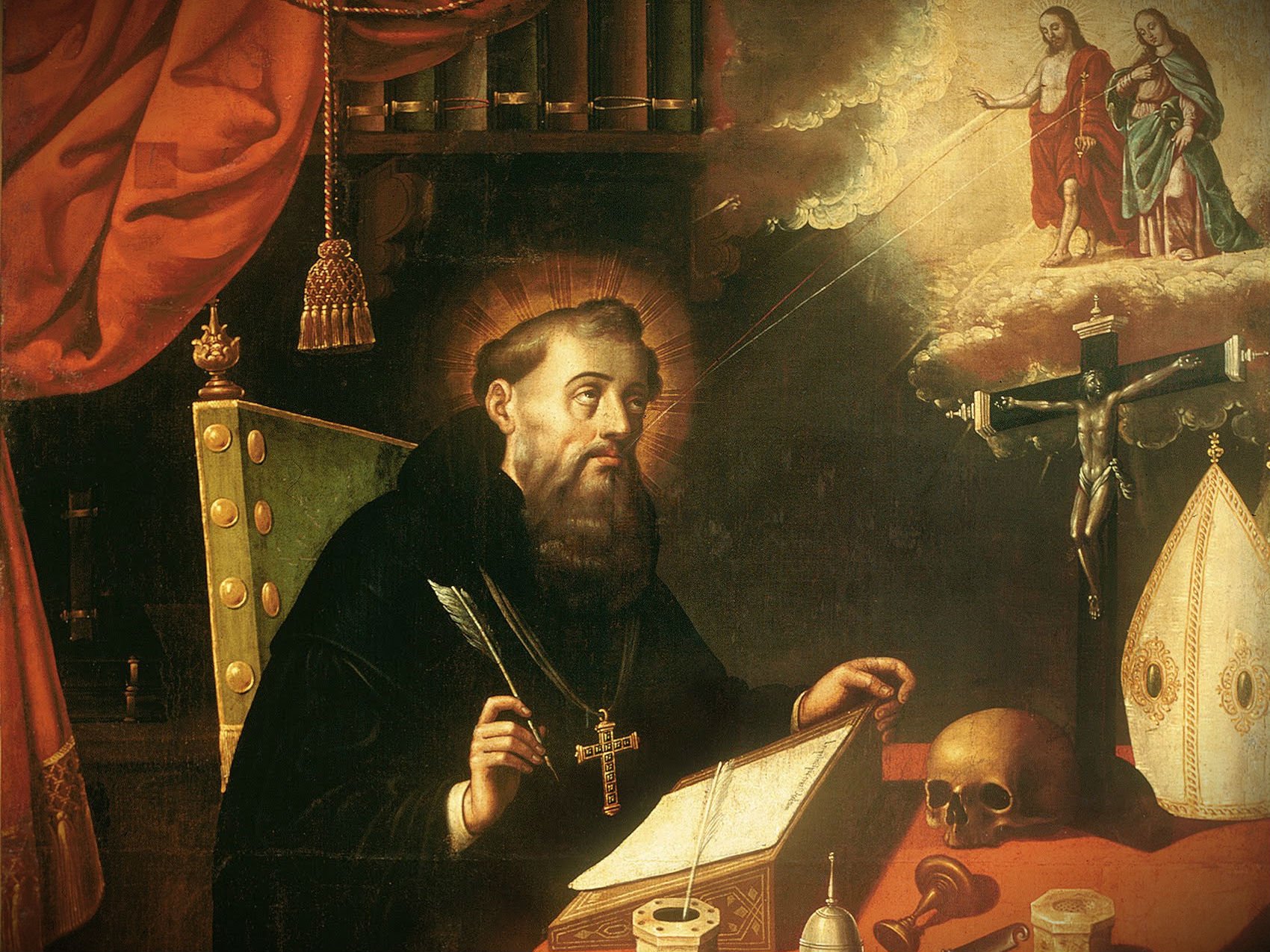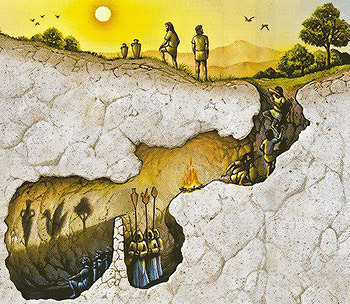![The Philosophy Book: Big Ideas Simply Explained by [Buckingham, Will, Douglas Burnham, Peter J. King, Clive Hill, Marcus Weeks, John Marenbon]](https://images-na.ssl-images-amazon.com/images/I/61H7fYdeWkL.jpg)
I just purchased the e-book The Philosophy Book by Will Buckingham for $1.99 on Amazon, and I found the table of contents to be a wonderful overview of the major philosophers in history, using a single line to capture the essence of each. Of course, no philosopher but can be summarized in one line, but what this TOC does is give you a taste of what that philosopher is all about. There are several here that I have never heard of, but am greatly intrigued to research further based on the line chosen.
For example, Miguel de Unamuno’s “It is only suffering that makes us persons” and Tetsuro Watsuji’s “The individual’s only true moral choice is through self-sacrifice for the community,” which resonates strongly with the theme of my favorite film, Ikiru, by Akira Kurosawa.
It is also interesting historically to see the evolution of the thought processes that dominates each era, beginning with the broad strokes of the earth and its place in the universe in the ancient world, followed by the medieval world, in which half of the philosophers mention God, then the age of reason and its focus on knowledge and truth, to the age of revolution where things turn inward in self-examination, and finally the modern and contemporary age and their various approaches to love, morality, and language. Which ones are your favorites? Which ones are the most intriguing?
THE ANCIENT WORLD

Thales of Miletus – Everything is made of water
Lao Tzu – The Tao that can be told is not the eternal Tao
Pythagoras – Number is the ruler of forms and ideas
Siddhartha – Happy is he who has overcome his ego
Confucius – Hold faithfulness and sincerity as first principles
Heraclitus – Everything is flux
Parmenides – All is one
Protagoras – Man is the measure of all things
Mozi – When one throws to me a peach, I return to him a plum
Democritus & Leucippus – Nothing exists except atoms and empty space
Socrates – The life which is unexamined is not worth living
Plato – Earthly knowledge is but shadow
Aristotle – Truth resides in the world around us
Epicurus – Death is nothing to us
Diogenes of Sinope – He has the most who is most content with the least
Zeno of Citium – The goal of life is living in agreement with nature
THE MEDIEVAL WORLD

St. Augustine – God is not the parent of evils
Boethius – God forsees our free thoughts and actions
Avicenna – The soul is distinct from the body
St. Aneselm – Just by thinking about God we can know he exists
Averroes – Philosophy and religion are not incompatible
Moses Maimonides – God has no attributes
Rumi – Don’t grieve; anything you lose comes around in another form
Thomas Aquinas – The universe has not always existed
Nikolaus von Keus – God is the not-other
Desiderius Erasmus – To know nothing is the happiest life
RENAISSANCE AND THE AGE OF REASON
Niccolo Machiavelli – The end justifies the means
Michel de Montaigne – Fame and tranquility can never be bedfellows
Francis Bacon – Knowledge is power
Thomas Hobbes – Man is a machine
Rene Descartes – I think, therefore I am
Blaise Pascal – Imagination decides everything
Benedictus Spinoza – God is the cause of all things, which are in him
John Locke – No man’s knowledge here can go beyond his experience
Gottfried Leibniz – There are two kinds of truths: truths of reasoning and truths of fact
Georege Berkeley – To be is to be perceived
THE AGE OF REVOLUTION

Voltaire – Doubt is not a pleasant condition, but certainty is absurd
David Hume – Custom is the great guide of human life
Jean-Jacques Rousseau – Man was born free yet everywhere he is in chains
Adam Smith – Man is an animal that makes bargains
Immanuel Kant – There are two worlds: our bodies and the external world
Edmund Burke – Society is indeed a contract
Jeremy Bentham – The greatest happiness for the greatest number
Mary Wollstonecraft – Mind has no gender
Johann Gottlieb Fichte – What sort of philosophy one chooses depends on what sort of person one is
Friedrich Schlegel – About no subject is there less philosophizing than about philosophy
Georg Hegel – Reality is a historical process
Arthur Schopenhauer – Every man takes the limits of his own field of vision for the limits of the world
Ludwig Feuerbach – Theology is anthropology
John Stuart Mill – Over his own body and mind, the individual is sovereign
Soren Kierkegaard – Anxiety is the dizziness of freedom
Karl Marx – The history of all hitherto existing society is the history of class struggles
Henry David Thoreau – Must the citizen ever resign his conscience to the legislator?
Charles Sanders Pierce – Consider what effects things have
William James – Act as if what you do makes a difference
THE MODERN WORLD
:max_bytes(150000):strip_icc()/Nietzsche_1882-59d83beeaad52b0010eb91cc.jpg)
Friedrich Nietzsche – Man is something to be surpassed
Ahad Ha’am – Men with self-confidence come and see and conquer
Ferdinand de Saussure – Every message is made of signs
Edmund Husserl – Experience by itself is not science
Henri Bergson – Intuition goes in the very direction of life
John Dewey – We only think when we are confronted with problems
George Santayana – Those who cannot remember the past are condemned to repeat it
Miguel de Unamuno – It is only suffering that makes us persons
William du Bois – Believe in life
Bertrand Russell – The road to happiness lies in an organized diminution of work
Max Scheler – Love is a bridge from poorer to richer knowledge
Karl Jaspers – Only as an individual can man become a philosopher
Jose Ortega y Gasset – Life is a series of collisions with the future
Haijime Tanabe – To philosophize, first one must confess
Ludwig Wittgenstein – The limits of my language are the limits of my world
Martin Heidegger – We are ourselves the entities to be analyzed
Tetsuro Watsuji – The individual’s only true moral choice is through self-sacrifice for the community
Rudolph Carnap – Logic is the last scientific ingredient of philosophy
Walter Benjamin – The only way to know a person is to love them without hope
Herbert Marcuse – That which is cannot be true
Hans-Georg Gadamer – History does not belong to us but we belong to it
Karl Popper – In so far as a scientific statement speaks about reality, it must be falsifiable
Theodor Adorno – Intelligence is a moral category
Jean-Paul Sartre – Existence precedes essence
Hannah Arendt – The banality of evil
Emmanuel Levinas – Reason lives in language
Maurice Merleau-Ponty – In order to see the world we must break with our familiar acceptance of it
Simone de Beauvoir – Man is defined as a human being and woman as a female
Willard Van Orman Quine – Language is a social art
Isaiah Berlin – The fundamental sense of freedom is freedom from chains
Arne Naess – Think like a mountain
Albert Camus – Life will be lived all the better if it has no meaning
CONTEMPORARY
Roland Barthes – Language is a skin
Mary Midgley – How would we manage without a culture?
Thomas Kuhn – Normal science does not aim at novelties of fact or theory
John Rawls – The principles of justice are chosen behind a veil of ignorance
Richard Wollheim – Art is a form of life
Paul Feyerabend – Anything goes
Jean-Francois Lyotard – Knowledge is produced to be sold
Frantz Fanon – For the black man, there is only one destiny and it is white
Michel Foucault – Man is an invention of recent date
Noam Chomsky – If we choose, we can live in a world of comforting illusion
Jurgen Habermas – Society is dependent upon a criticism of its own traditions
Jacques Derrida – There is nothing outside of the text
Richard Rorty – There is nothing deep down inside us except what we have put there ourselves
Luce Irigaray – Every desire has a relation to madness
Edward Said – Every empire tells itself and the world that it is unlike all other empires
Helene Cixous – Thought has always worked by opposition
Julia Kristeva – Who plays God in present-day feminism?
Henry Odera Oruka – Philosophy is not only a written enterprise
Peter Singer – In suffering, the animals are our equals
Slavoj Zizek – All the best Marxist analyses are always analyses of a failure


